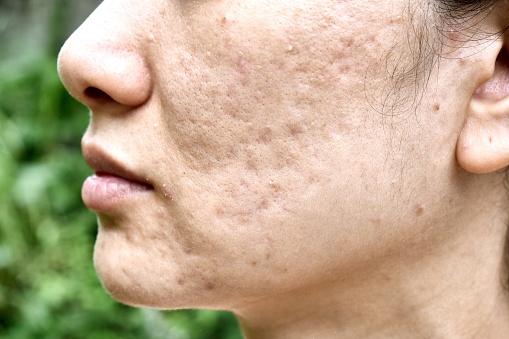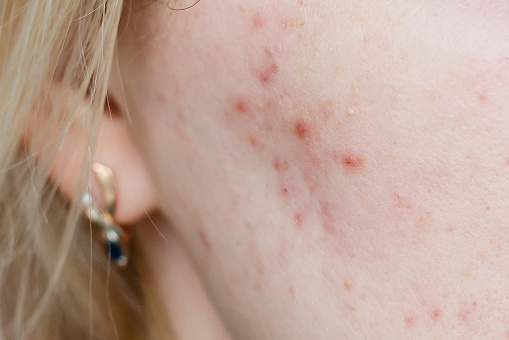Fact Check: Common Misconceptions About Seasonal Allergies Cause Acne?
Can seasonal allergies cause acne? Yes, this is an increasingly common problem among teenagers. The culprit behind this problem is allergens from the environment, such as mold. It causes the skin to become red and inflamed. However, acne can be treated by using a skincare regimen designed for men. The right products can help you treat the skin condition and keep it in check. By using a good skincare regimen, you can minimize the effects of allergy-related breakouts.
While many factors contribute to acne breakouts, allergies can play a significant role in stimulating the appearance of pimples. Unlike most skin problems, acne is a pore problem. As a result of irritated skin, cellular debris builds up faster. It can also lead to cold sores and canker sores. As with food allergies, a simple skincare regimen can help your complexion while treating your allergic reaction.
The most apparent signs of seasonal allergies are red, swollen, or itchy skin. The symptoms of these conditions vary from one person to the next. For instance, itching and sneezing are typical symptoms. In addition, constant irritation and itching can lead to dry and itchy skin. Sebum can also clog pores, which encourage the growth of bacteria. As a result, seasonal allergies can be linked to acne breakouts.
In addition to the symptoms of seasonal allergies, changing weather may also contribute to an acne breakout. As well as causing dry and irritated skin, exposure to allergens in the air can trigger hives, eczema, or scaly patches. The rash can become so severe that it requires medical attention in some cases. If you’re prone to these symptoms, it’s best to try a natural cure.
Can Seasonal Allergies Cause Acne? Trends: Hip or Hype?
Allergies can cause acne. They may cause a flare-up of acne. As with all allergies, a simple skincare routine can reduce the appearance of acne. The best way to treat allergies is to avoid them. Once you’re in the habit of avoiding allergens, you’ll find that your skin will look and feel better. The best cure for your acne is to eat more whole foods. For most people, the best food for acne is real food.

Skin problem with acne diseases, Close up woman face with whitehead pimples, Menstruation breakout, Scar and oily greasy face, Beauty concept.
Because allergies cause itchiness, it’s important to avoid rubbing your skin. Scrubbing and itching can cause acne. Aside from the inflammation, acne can also be aggravated by allergies, leading to dry skin and a breakout of pimples. Fortunately, there are several ways to fight this condition. If you’re prone to seasonal allergies, you should consult a dermatologist, as a healthy diet will help your skin look and feel better.
Allergies can cause acne, and they may also aggravate existing acne. If you’re allergic to a specific allergen, your skin may itch. This itching can lead to acne, making your acne worse. Thankfully, you can treat your allergies and improve your skin’s health with a simple skincare regimen. You can also seek treatment for your seasonal allergies through your dermatologist.
During the cold winter months, the skin can become deficient in vitamin D, which is necessary for the immune system and helps reduce inflammation. Moreover, your body can produce more sebum during the winter season. Therefore, you can prepare for a flare-up by consuming vitamin D-rich foods. A vitamin D supplement is a great way to fight it if you’re suffering from acne. Alternatively, you could take supplements that contain vitamins that are good for your skin.
Although seasonal allergies are common, you should seek treatment as soon as possible. The symptoms of seasonal allergies are similar to those of other common allergies, except the season. For instance, your skin will become red and irritated when the weather changes. Additionally, your skin will dry out more efficiently, which will lead to an increase in sebum production and an increase in acne. These things are not suitable for your health.
Allergies can also lead to red skin on the nose. While this is not a direct cause of acne, it can contribute. If your allergies are caused by pollen, you can avoid these products or consult an allergist to see if this is the case. Your doctor will help you distinguish between an allergy and a bad allergic reaction. They can help you identify which one is causing the problem.

